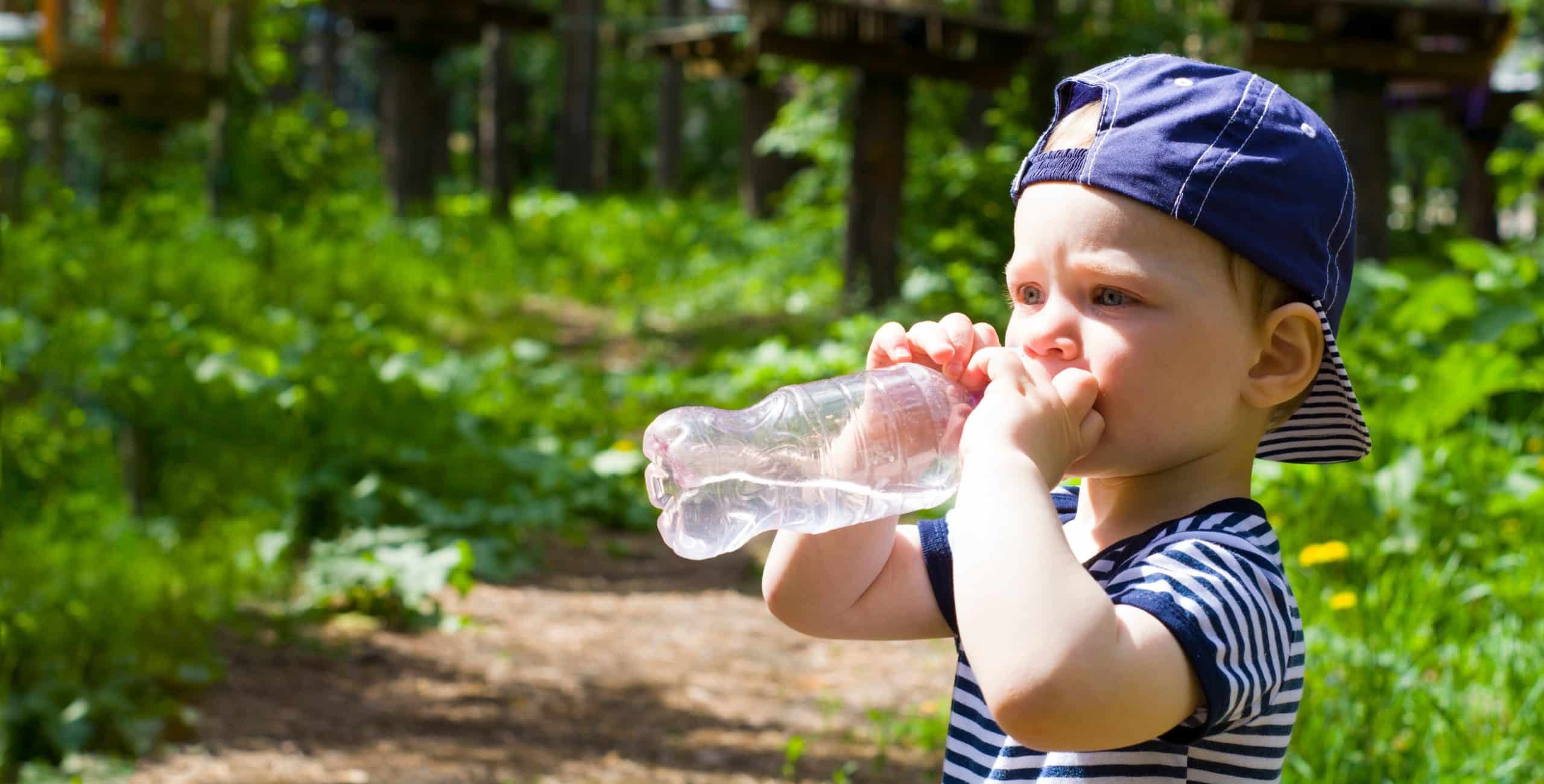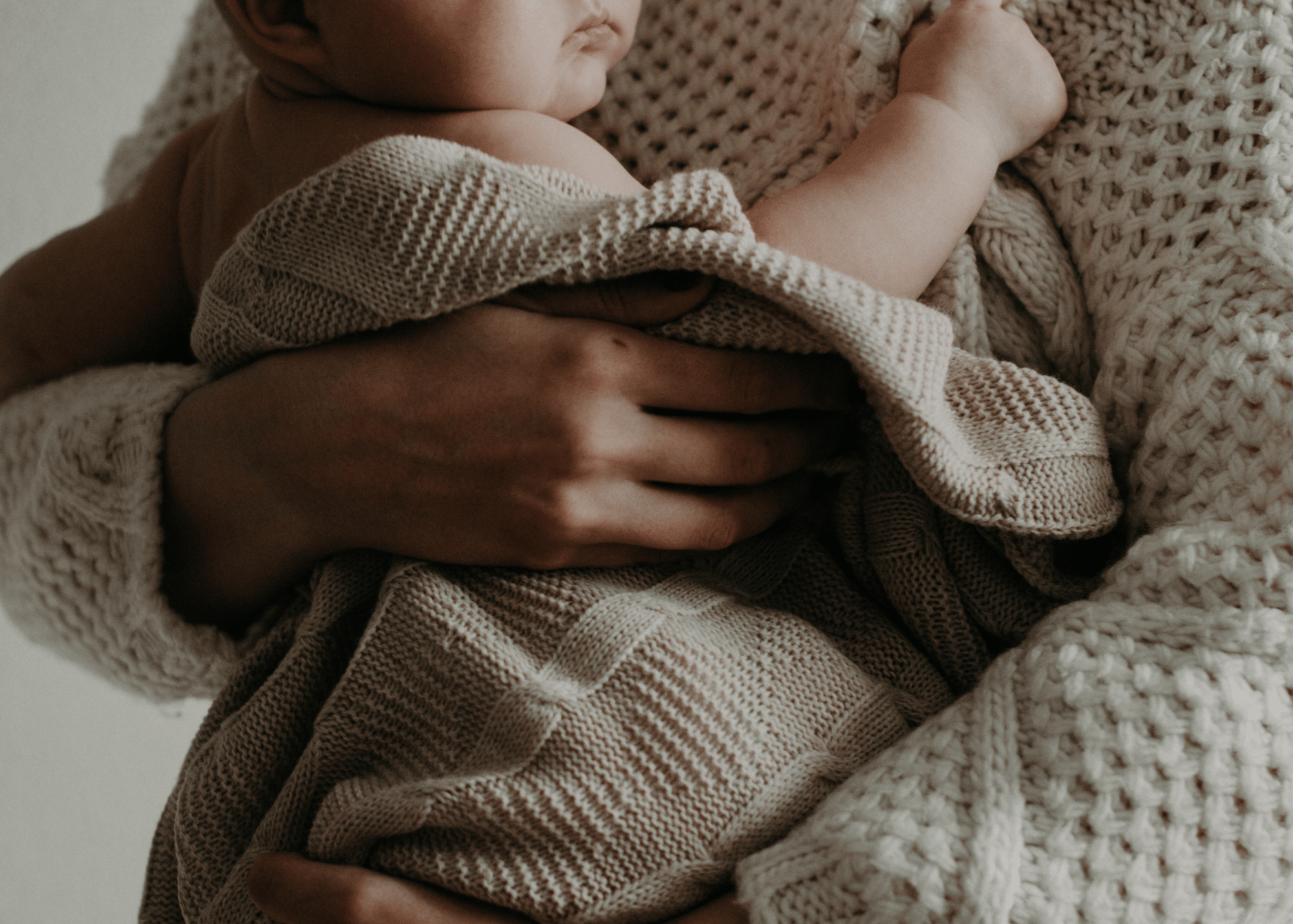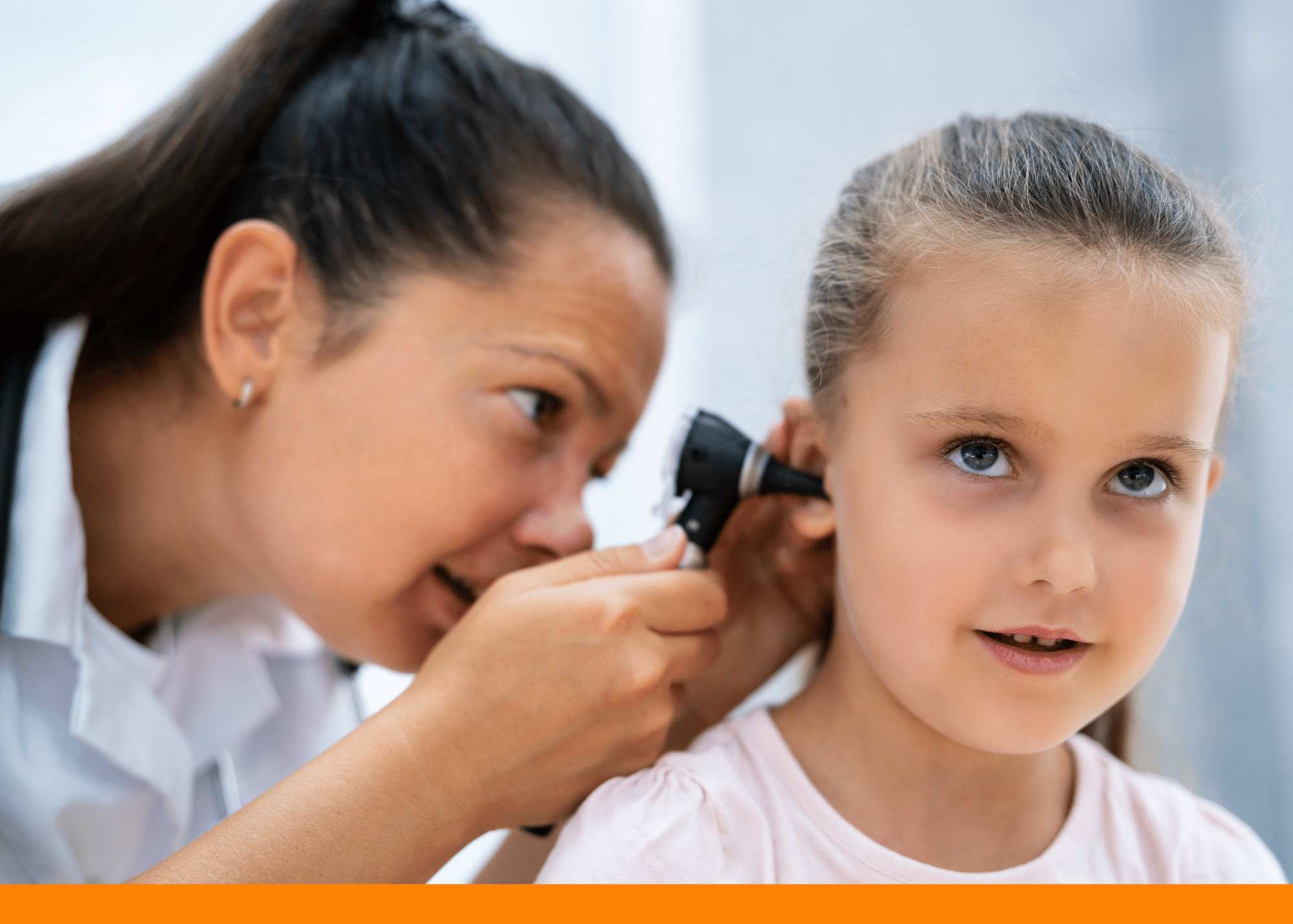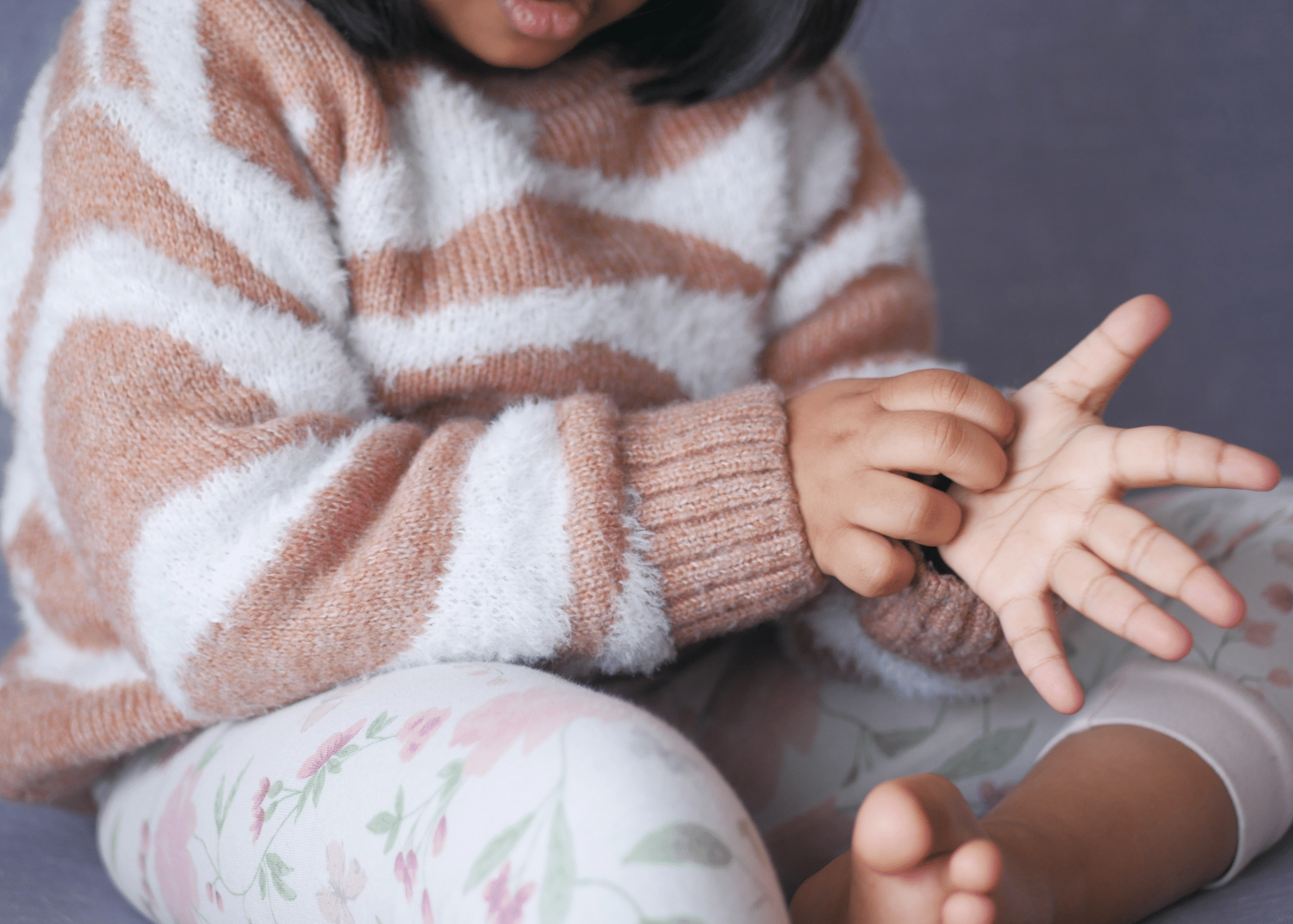
H2O Heroes: Keeping Children Hydrated and Happy During Summer
By Allury Arora Lal, MD, Pediatrician and Founder/Chief Medical Officer of Urgent Care for Children
Everyone needs to stay hydrated, and kids are no different. Water is necessary for the body to function properly since it helps with digestion, regulates body temperature, and guards against constipation. Hydration also plays an important role in cognitive function, which affects mental alertness, attention span, and concentration.
Water is crucial for your children’s continued growth. It aids in the delivery of nutrients to cells and supports the growth of strong bones and muscles.
It’s so important, especially in these hot summer months, to keep your children hydrated.
UNDERSTANDING DEHYDRATION
Hydration is the process of giving the body enough water/fluids to ensure optimal physiological function. It entails maintaining equilibrium between the volume of water consumed by the body and the volume lost through various processes like sweating, urinating, and digesting.
On the other side, dehydration happens when the body loses more fluids than it takes in, leaving the body with inadequate fluids to support normal bodily functioning.
DEHYDRATION IN CHILDREN
During the summer, children are especially susceptible to dehydration and may not always be able to appropriately express their thirst. Children are more prone to higher fluid loss from sweating, especially in hot and humid weather, because they are more likely to be active throughout the summer, participating in outdoor activities, sports, and play. When kids are away from home at summer camps, gatherings, or the playground, it’s crucial to make sure that water is easily accessible to encourage regular hydration.
CAUSES OF DEHYDRATION
Most people think of dehydration being caused by inadequate fluid intake. And although that is very true, there are other causes as well.
Hot and Humid Weather: If you don’t drink enough fluids to make up for the extra perspiration brought on by hot and humid weather, you could lose fluids quickly.
Illness: Dehydration and severe fluid loss can happen when a child is vomiting or has diarrhea.
SIGNS AND SYMPTOMS OF DEHYDRATION
Signs and symptoms can vary and addressing dehydration early is crucial as severe dehydration can be life-threatening. Here are some typical warning signs and symptoms:
- Thirst: One of the earliest signs of dehydration is feeling thirsty. It serves as a natural signal that the body needs more fluids.
- Dry mouth and lips: When dehydrated, the body doesn’t produce enough saliva, resulting in a dry and sticky feeling in the mouth. The lips may also become dry and chapped.
- Dark-colored urine: Dehydration can lead to concentrated urine, resulting in a darker yellow or amber color.
- Infrequent urination: A decrease in urine frequency or volume is often a sign of dehydration. In severe cases, urine output may be significantly reduced or even absent.
- Fatigue: Dehydration can result in symptoms of lethargy, fatigue, and low energy. Drinking too little water has an impact on how well the body functions as a whole and can make you less alert.
- Lightheadedness and dizziness: In cases of mild to severe dehydration, a person may feel lightheaded, dizzy, or even faint. This may happen as a result of low blood pressure and insufficient blood supply to the brain.
- Headache: Dehydration can lead to the onset of migraines or headaches. Dizziness and weariness are frequently present in addition to it.Dry skin: When the body is dehydrated, the skin may become dry, less elastic, and lose its natural moisture. It may also feel cool to the touch.
- Muscular cramps: Dehydration-related electrolyte imbalances can cause muscular cramps, especially in the legs and belly. These cramps, which can happen during exercise or when at rest, may be uncomfortable.
HOW MUCH WATER IS ENOUGH?
Different age groups have distinct physiological characteristics and activity levels, so their hydration requirements will vary. The following are suggestions for good hydration based on age:
0-12 months:
- Infants and babies primarily get their hydration from breast milk or formula and do not require additional water (unless recommended by a medical provider.)
- As parents begin to introduce foods at meals, they can also introduce a small cup of water.
1-3 years:
- Toddlers should drink 4-6 cups of water (32-48 ounces) per day.
4-8 years:
- Children should drink 5-7 cups of water (40-56 ounces) per day.
9-18 years:
- Adolescents should drink 8-10 cups of water (64-80 ounces) per day.
TIPS FOR KEEPING CHILDREN HYDRATED
For adequate hydration, it’s crucial to encourage children to drink water frequently, especially during vigorous activity and hot weather. Providing water bottles, setting reminders, and giving foods high in water content, such as watermelon, oranges, grapes, and cucumbers, are a few ideas to keep in mind.
You may need to get creative with those picky kids who don’t like water. To make drinking water more fun, use colorful water bottles or cups with their favorite characters or colors. If you want to improve the flavor of water and make it more appealing to kids, think about infusing it with pieces of fruits like lemon, lime, or strawberries.
PLAYING IT SAFE
Make sure your kids drink enough fluids throughout the day to prevent dehydration, especially in hot weather, during strenuous exercise, or while they are ill.
Encourage children to stay away from sugary beverages because the body processes them differently and they do not adequately replace lost fluids, which can actually cause dehydration. It’s crucial to encourage kids to drink water as their main source of hydration.
If you have any concerns about whether your child is dehydrated, it is always better to play it safe and consult a healthcare professional. They can assess the situation and provide appropriate advice and recommendations.



